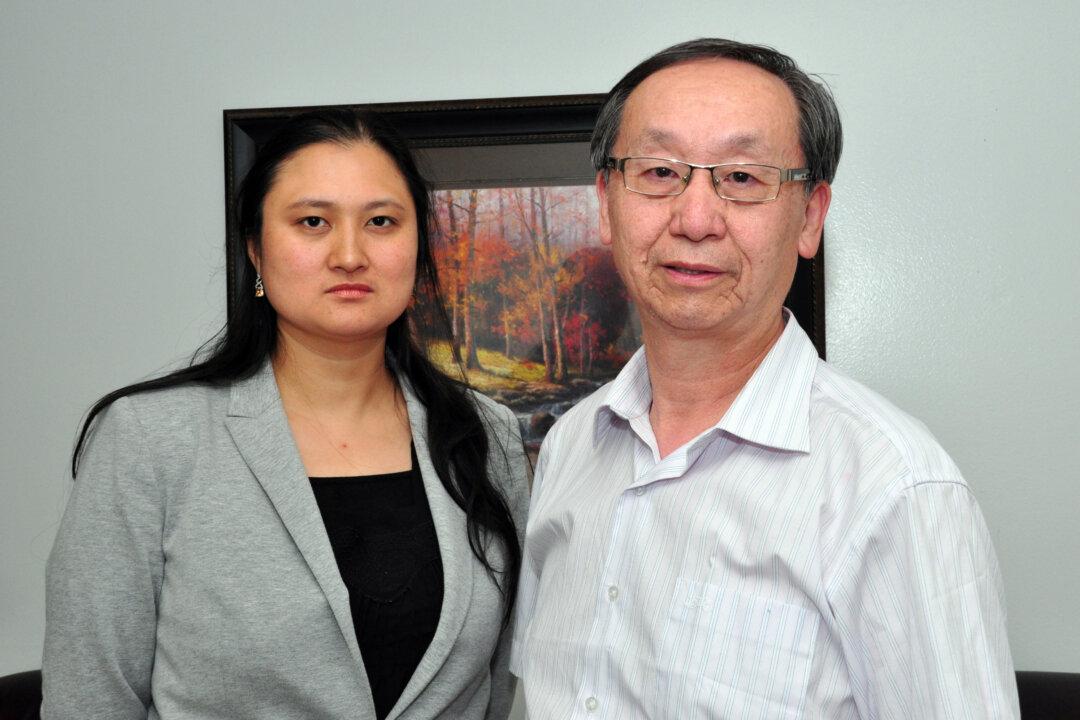The chief editor of a Chinese-language newspaper published in Toronto says she was fired for running an article that was critical of Ontario cabinet minister Michael Chan following complaints from the Chinese consulate and pro-Beijing groups that back Chan.
Helen Wang, the chief editor of the Chinese Canadian Post, says she decided to run the article about Chan, Ontario’s minister of citizenship, immigration, and international trade, since there had been extensive discussion in the local Chinese community after revelations that Canada’s intelligence agency CSIS had raised concerns about Chan’s close ties to the Chinese regime.
The Globe and Mail, which broke the news about Wang’s dismissal, initially reported that Wang had said complaints were raised by Chan himself as well. After the publication of the story, Michael Chan denied to the newspaper that he complained about coverage or the editorship of the Chinese Canadian Post.





